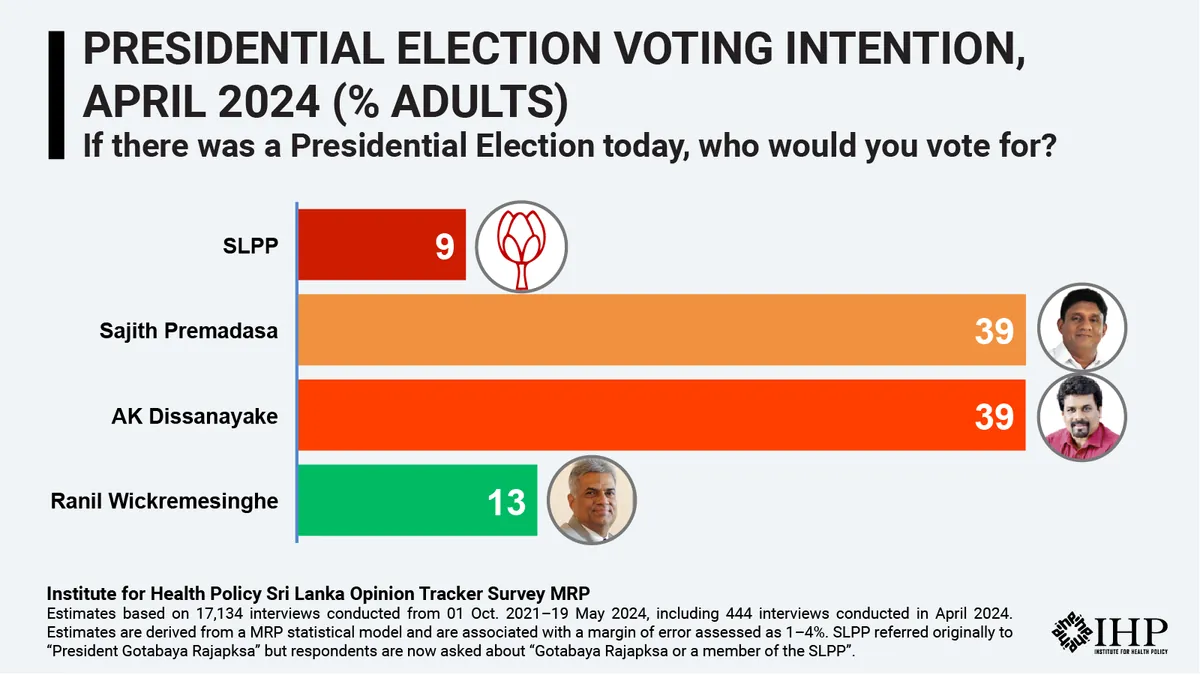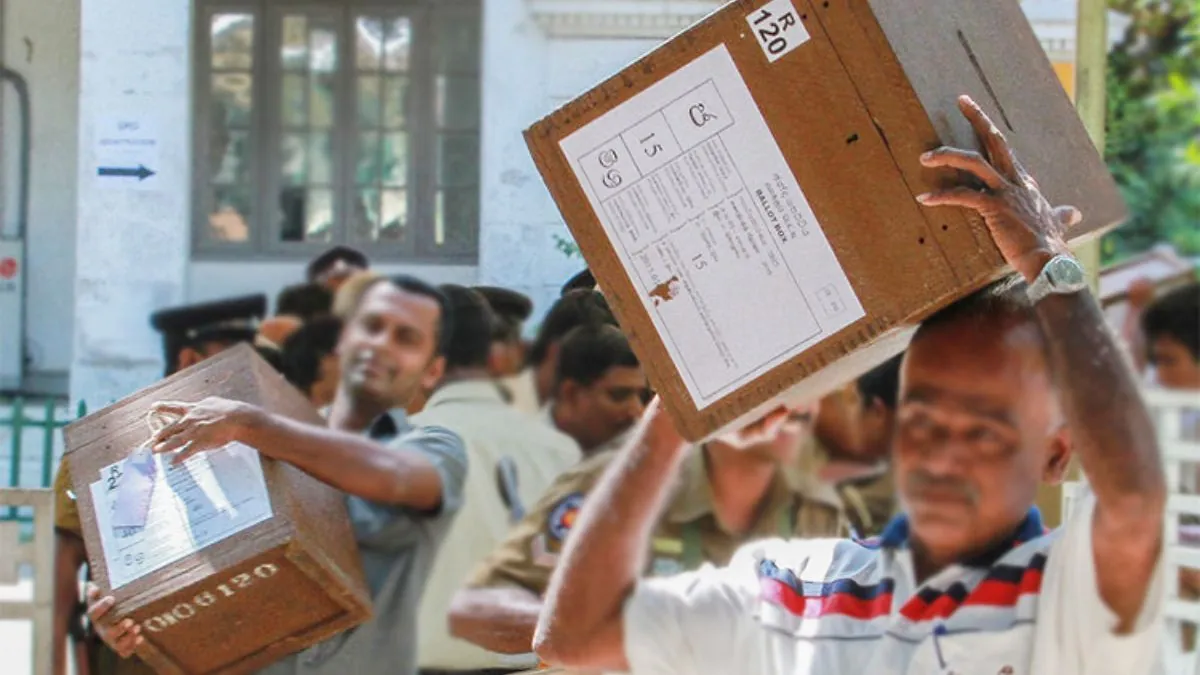Sri Lanka Prepares for Crucial Presidential Election with 38 Candidates
Sri Lanka gears up for a pivotal presidential election with 38 contenders. The vote, involving 17.1 million eligible voters, could potentially lead to a historic run-off in the debt-stricken nation.

Sri Lanka, the island nation known for its rich biodiversity and cultural heritage, is poised for a significant political event. On Saturday, September 21, 2024, the country will hold its presidential election, featuring an unprecedented 38 candidates vying for the nation's highest office.
This election comes at a crucial time for Sri Lanka, which has been grappling with severe economic challenges. In May 2022, the country defaulted on its foreign debt for the first time in its history, highlighting the urgent need for effective leadership and economic reforms.
The election process involves 17.1 million eligible voters, including 1 million first-time participants. This high number of new voters reflects the country's young demographic and the importance of civic engagement in shaping Sri Lanka's future.
Ranil Wickremesinghe, the incumbent president, is among the candidates seeking to secure a five-year term. The campaign period, which concluded on Wednesday, September 18, at midnight, saw candidates traversing the country to rally support. Wickremesinghe alone held approximately 100 campaign events, demonstrating the intensity of the electoral contest.
Sri Lanka's election system follows a first-past-the-post model, allowing voters to select three candidates. To win outright, a candidate must secure at least 50% of the total votes. If no candidate achieves this threshold, the country could witness its first run-off election in four decades, adding an extra layer of anticipation to the process.

The voting will take place from 7 am to 4 pm local time on Saturday, with stringent security measures in place. Following the close of polls, government employees will begin the counting process under the supervision of Election Commission officials, monitors, and representatives of the candidates.
The Election Commission is expected to formally announce the winner on Sunday, September 22. The victorious candidate will then take the presidential oath and appoint a new cabinet of ministers, setting the stage for the next chapter in Sri Lanka's political journey.
This election is particularly significant given Sri Lanka's current economic situation. As the world's fourth-largest tea producer and a country heavily reliant on tourism and remittances, the new leadership will face the challenge of steering the nation towards economic recovery and stability.
Moreover, with eight UNESCO World Heritage Sites and a reputation as a global biodiversity hotspot, Sri Lanka's next president will need to balance economic development with environmental conservation. The country's vulnerability to climate change, including rising sea levels and increased frequency of natural disasters, adds urgency to this environmental mandate.
As Sri Lankans prepare to cast their votes, they do so with the hope of electing a leader capable of addressing the nation's complex challenges. From managing a multi-ethnic and multi-religious society to leveraging the country's high literacy rate for economic growth, the next president will play a crucial role in shaping Sri Lanka's future.
This election marks a critical juncture for Sri Lanka, a nation that has shown resilience in the face of adversity, from a 26-year civil war to recent economic hardships. As the country approaches its 76th year of independence, the outcome of this election will be pivotal in determining Sri Lanka's path forward in an increasingly complex global landscape.


































